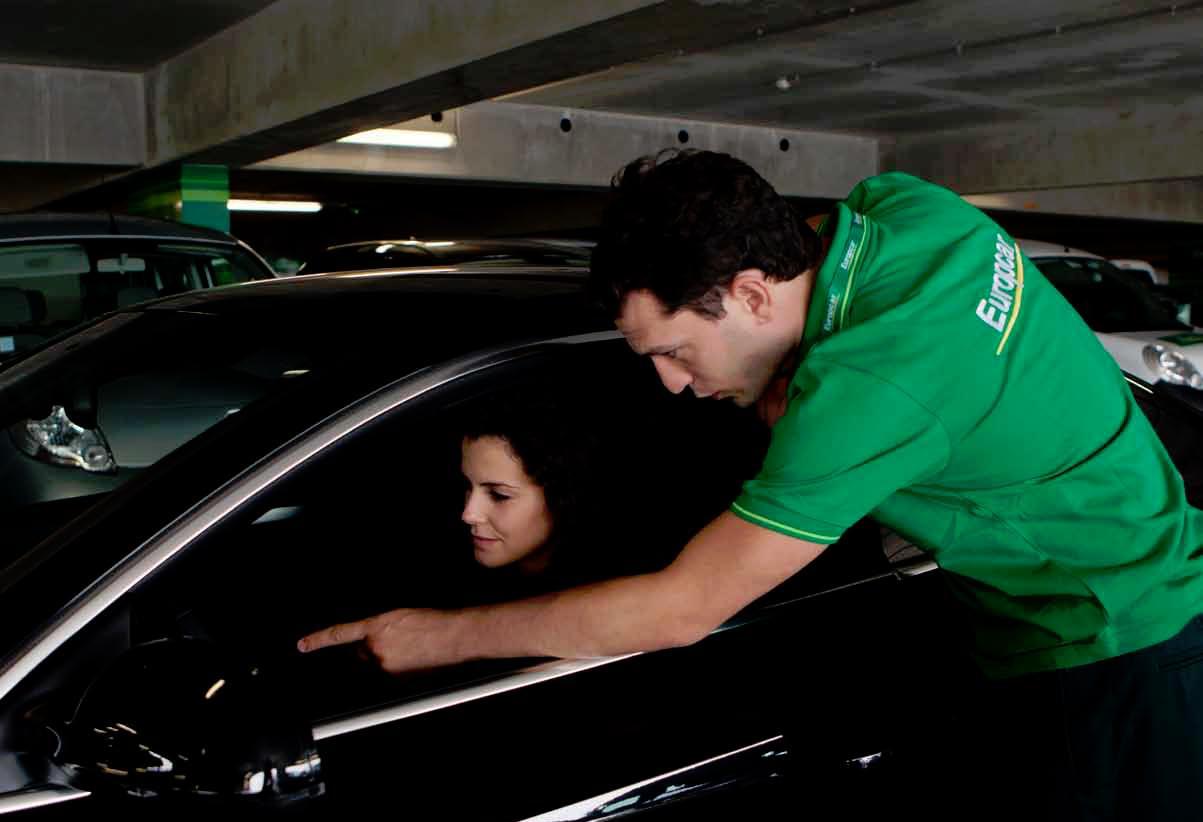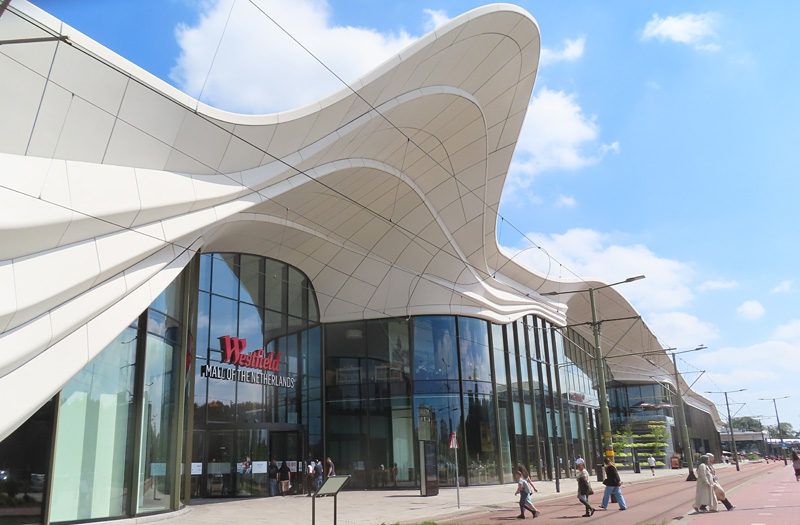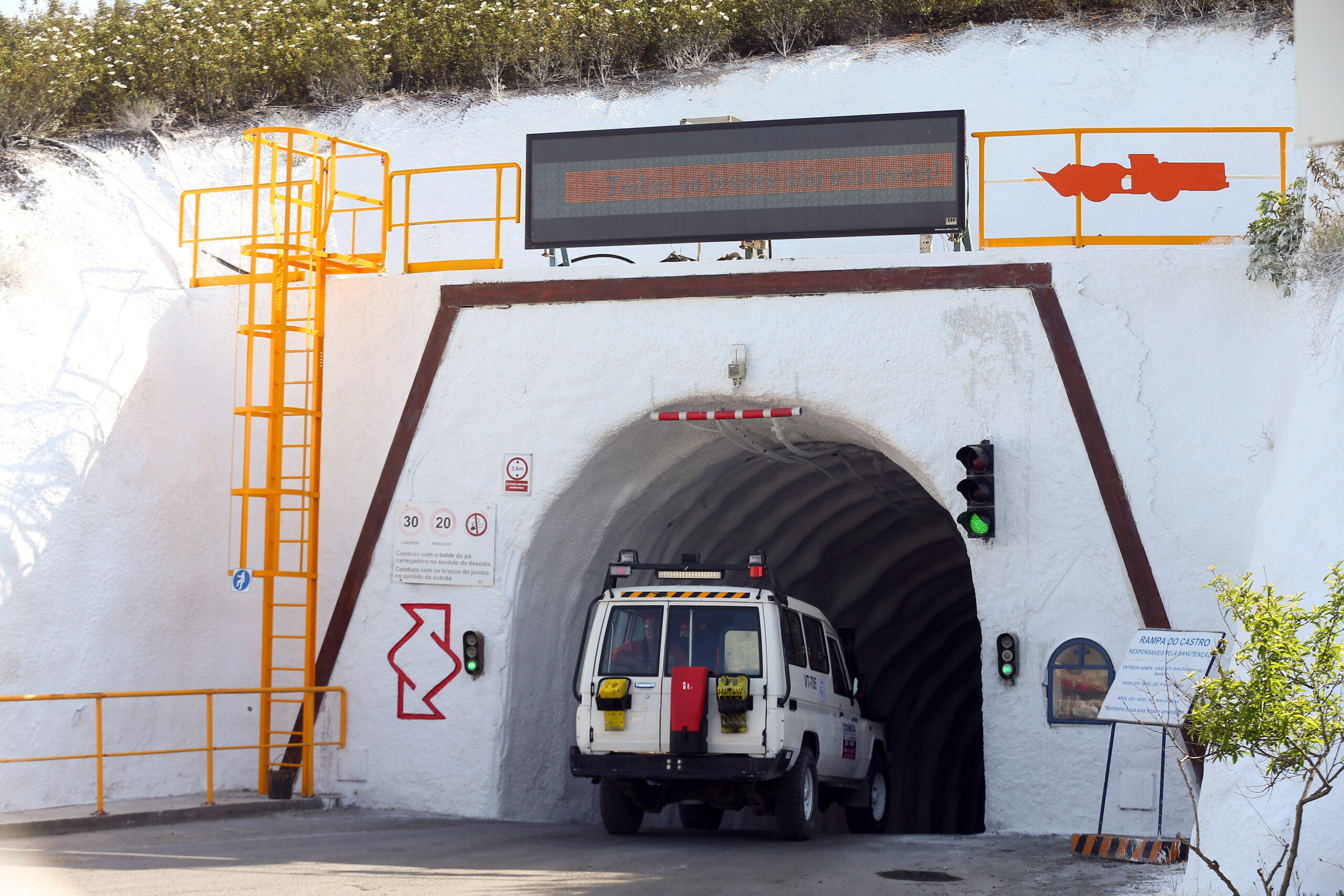
Most travellers would be unaware how fast their individual needs are changing, but understanding their behaviour keeps the leading global car rental brand Europcar ahead of the trend.
Roland Keppler has been at the helm of Europcar for nine months and is determined to lead the company towards a new and not always familiar role in the travel industry. In the public eye Europcar is seen as one of the big three car rental companies, together with Hertz and Avis. Its strategic alliance with the global Alamo and National Car Rental brands provide it with the world’s largest car rental network.
What the public eye does not always see is the direction in which its own behaviour and needs are moving the market. Car rental is beginning to complement other modes of transport rather than simply competing, revealing new opportunities that Keppler for one is keen to seize.
Keppler came to Europcar in 2009 from the German low-cost airline TUIfly where he was CEO. Having made the German subsidiary, which represents approximately 30 percent of Europcar's revenues, into its most profitable asset, he also played a key part in the launch of several projects including car2go urban mobility, which represents one of the sources of future growth for Europcar. Since his appointment earlier this year he has continued to push forward his enthusiasm for customer focus and developing people in that sense, innovative mobility models, digital solutions, and operational excellence.
Europcar is owned by investment group Eurazeo. It is organised into nine ‘corporate’ countries (Germany, France, Spain, the UK, Italy, Belgium, Portugal, Australia and New Zealand) in which it owns 100 percent of the operation and 140 franchises around the world, normally one to a country. Global revenues for the brand are in the region of €3 billion, including National and Alamo, while the corporate territories generate two thirds of that.
Traditionally car rental customers fall into two broad categories, business and leisure. Germany, having been more dependent on business travel than other countries, has been hit the hardest by the recession in Europe, but private rentals have remained surprisingly buoyant. “This year we are performing better than in 2011, and beating our own business-to-consumer targets.” This may be partly due to investment in direct sales channels and more flexible pricing, he says, but he suspects underlying customer behaviour has played its part.
Statistics show a fall in private car sales across the developed world. “The signs are that people are looking for mobility on demand rather than owning a car. So I think the onus is on the industry to bring out more flexible offers. We are certainly more accessible and customer oriented than we used to be.”
In 2011 Europcar entered a joint venture called car2go Europe, a business its partner Daimler has been developing since 2007. It’s a bit like Boris Bikes in London except that the vehicle members pick up or relinquish is a Smart Fortwo. The system combines swipe card technology with mobile apps to locate and book vehicles without reservation, and is currently available in Dusseldorf, Hamburg, Ulm, Lyon, Vienna and Berlin though there are plans to launch in 40 to 50 European cities.
Mobility by the minute is a concept unlike any other, traditional car rental included, he believes. It’s already very successful where it has been in operation for a while, as in Hamburg where it launched in April 2011. “People like the spontaneity and that it makes it so easy to move around the city. We believe it will grow as customers get used to the idea – the market will change over time, not overnight.” Now Europcar, car2go Europe and the Hamburg Hochbahn metro are embarking on a two year trial to join up services in a way that will accommodate both private and business users. Passengers could seamlessly switch between train, underground, bus, spontaneous or pre-planned rental vehicles, and even bike, he explains. “All the modes will be connected via an app, and physically located at centres close to subway stations.”
Initiatives like this suit customer lifestyles, but are made possible through technology. And investing in digital technology is one of his central strategies. A further example that is now streamlining the work of the rental stations across the Europcar group isa new fast-track service for business users called eReady. Registered customers who book online can cut out the usual form filling, so at the dedicated Ready Service counter all they need to do is sign the rental agreement and collect the vehicle.
At the other end of the process eCheck-in will scan the vehicle and its inventory using a handheld device linked to back office software that controls the rental process from end to end. “All customers will notice is that the process is fast and paperless,” says Keppler. “People are coming to expect this level of service from our industry – after all it is very convenient to buy something from Amazon – one or two clicks and the item is delivered to your home. Invoicing, payment, delivery are all digital. This is what I think people now expect from our industry and we are preparing ourselves to meet these expectations.”
Operational excellence (the customer’s expectation that the process – and the car – will work) can’t be separated from customer focus. Europcar introduced its Promoter Score feedback system at the end of 2010 with the question ‘would you recommend us to friends and family?’ Respondents giving nine or ten out of ten are classed ‘promoters’; nought to six ‘detractors’. “When we started about 50 percent of respondents were promoters: we are now up to 70 percent, well on the way to our target of 80 percent ‘convinced customers’ who would actively promote our business.”
The detractors were in for a shock too – senior managers were asked to pick up the phone to talk to customers about whatever issues they raised. Here Keppler leads by example, enjoying the reaction of people taken aback by a personal call from the CEO. “It was a learning experience for us too,” he admits. “Suddenly head office managers are talking to customers where formerly they were making decisions without much idea of what was happening on the ground. Now they are getting first hand feedback and dealing with it, and that’s a cultural change for the whole organisation!”
By and large Europcar operates on what is called the buy-back model – rather than being a long term asset, vehicles are repurchased by the manufacturer after around six months and resold. “You could say we are a big producer of young used cars,” he jokes. “We buy around 270,000 cars a year.” Buy-back works better than the lease or outright purchase ‘risk’ scenario favoured by competitors, he believes, because it allows Europcar to concentrate on its core business of selling mobility. The balance of value between rental company and manufacturer is a delicate one, depending largely on demand for new and used cars. Nevertheless, “The buy-back model is one of the strategic pillars we have as a company. We believe that in the long term it is more robust than the risk model.”
Written by John O’Hanlon, research by Jon Bradley
DOWNLOAD
 Europcar-EMEA-Dec12-Bro-s.pdf
Europcar-EMEA-Dec12-Bro-s.pdf













